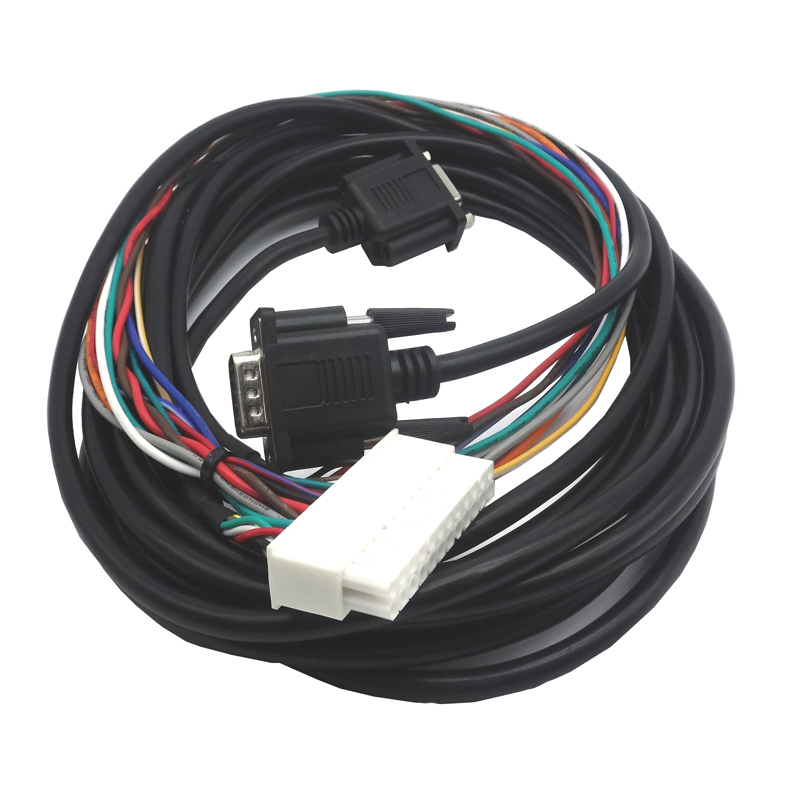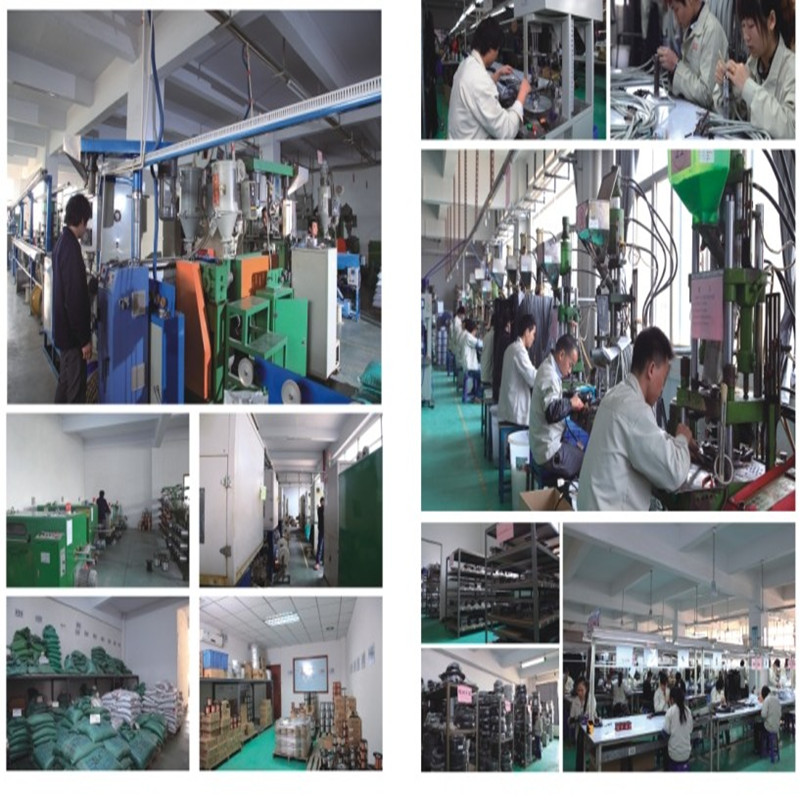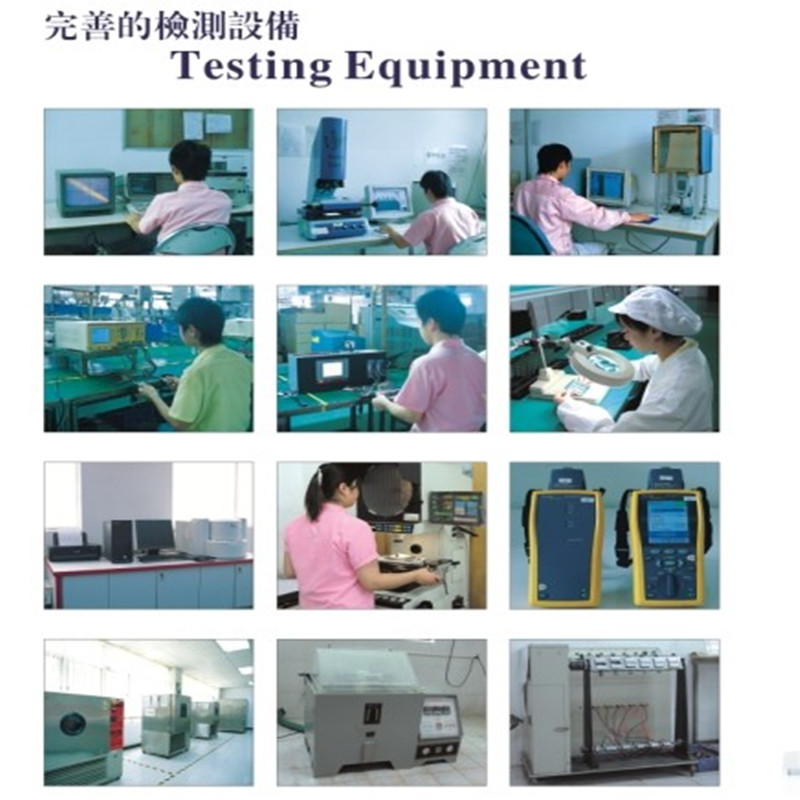The three major operators' strategic transformation of the cloud Telecom operators have huge telecommunications infrastructure resources, which gives them the inherent advantage of developing cloud computing. The content of cloud computing mainly includes IaaS (Infrastructure as a Service), PaaS (Platform as a Service) and SaaS (Software as a Service). The network support guarantee capability is an important factor in the development of cloud computing. The three major telecom operators have comprehensive data center nodes, unique wireless and wired network access capabilities, and users and channel resources accumulated over many years, becoming the main force of cloud computing in China.
Among the three major operators, China Telecom is the most high-profile cloud strategy. China Telecom released the Tianyi cloud computing strategy, brand and solutions in August of last year. This year, it officially launched series of cloud computing products such as cloud host and cloud storage. In March of this year, China Telecom also formally established China Telecom Cloud Computing Company to more specifically operate cloud computing services. Xie Chaoyang, the company's new president, said that the new company will focus on running all of China Telecom’s data centers (IDCs). During the “12th Five-Year Plan†period, its cloud data center will have the capability to provide millions of high-performance virtual hosts.
China Unicom has followed up steadily. Last year, China Unicom announced that it will increase its investment in data centers in 2012. It is estimated that the total investment will be tens of billions of yuan. In the future, China Unicom will divide the overall architecture into two systems: cloud systems and cloud services in terms of cloud computing. The cloud system is mainly targeted at China Unicom's internal IT support system; and cloud services are mainly public cloud services provided to enterprises and governments. According to Zhang Yunyong, head of China Unicom’s cloud computing group, China Unicom recently launched “Woyun†services for individual consumers and corporate customers, including cloud synchronization, cloud backup, and cloud sharing.
China Mobile’s pace is slightly slower. According to Huang Xiaoqing, Dean of the China Mobile Communications Research Institute, China Mobile’s own “great cloud†version 1.5 has been developed, and the “big cloud†dual-service cloud resource pool and Pangu search have also been deployed and applied by many governments and enterprises. In the next three years, China Mobile will build data centers in seven provinces including Beijing, Zhejiang, Guangdong and Inner Mongolia.
Yu Wei, vice president of IBM Greater China and general manager of the Greater China Telecom and Media Business Unit, said in an interview with a reporter from China Electronics News that in the past, IT was only supporting technology in the telecommunications field. In the future, IT will no longer be merely a support but a business. . Operators want to achieve sustained growth and win new competitive chips, must be fully transformed into service-oriented enterprises.
Based on the data center, each has its own focus on operators. The development of cloud computing has many inherent advantages, and the most important is the advantages of the pipeline. Gao Zhipeng, an associate professor of the State Key Laboratory of Networking and Switching Technology at Beijing University of Posts and Telecommunications, told the China Electronics News that the biggest advantage of operators is the Internet. From the backbone transmission network to the resident access network, operators control the network resources that send computing power and storage capacity to each and every needy person. He said: “When we talk about cloud computing, we often use the water company as an example. Operators are like tap water companies and they have mastered the water pipe network that enters millions of households, so operators have the advantage of natural cloud computing operations.â€
At the same time, the operator's brand advantage can not be ignored. An Hui, director of the Research Institute of Software and Information Services, think-tank, told the “China Electronics News†reporter that the operators had accumulated a strong brand advantage for many years and had made a good start in providing cloud computing services. The biggest concern for users of cloud services is information security. The good brands of operators, the background of state-owned enterprises and sound information security measures are very beneficial to eliminate user's doubts. This paves the way for operators to promote various types of cloud services. It is also an unmatched advantage over Internet companies or other new companies.
The three major operators have also focused on the development of cloud computing. According to Wen Di, an analyst at CCID Consulting's Communications Industry Research Center, both China Telecom and China Unicom have already launched IDC services and have a large number of data centers. They all have a solid foundation for becoming cloud resource service providers; China Mobile After becoming a full-service operator, although IDC services are also started, after all, IDC's investment is huge and it cannot be developed nationwide in the short term, and its current major advantage is to provide mobile Internet services. Therefore, China Mobile’s current main target will be cloud. Application service provider and cloud platform service provider.
Gao Zhipeng said that operators should be the most likely to force the IaaS and PaaS layer. In the IaaS layer, operators can use their network bandwidth resources and strong organizational building capabilities to build large-scale energy-saving IDC equipment rooms, on the one hand to meet the needs of their own business systems, reduce business operating costs, on the other hand through virtualization, multi-tenancy Other technologies, external rental server resources. At the IaaS level, some Internet giants have already launched a series of businesses, but at present, due to the huge potential of market demand, it is still not enough to constitute excessive competition. At the PaaS level, operators should base their own terminal strategy on establishing a developer-community platform for end-user applications, using Apple’s App Store and Google’s App Engine as models to support crowd-sourced cloud platform construction. At the PaaS level, there will be competition from some Internet companies.
However, Gao Zhipeng believes that at the SaaS level, operators do not currently have any technological advantages and innovation advantages over Internet vendors. It is not recommended for the time being.
Seeking to focus on steady progress In fact, operators do take the lead at the Iaas level. It is reported that the three major operators have recently increased their investment in data centers, and their annual investment has exceeded 10 billion yuan. The data center is the top priority for operators' IaaS services.
To transform the data center into a cloud computing business, it is necessary to improve the industrial chain with the data center as the core. Xie Chaoyang believes that, first of all, it is necessary to plan, design, and transform the data center with the cloud architecture. To build a cloud data center, it is necessary to be creative and forward-looking, that is, to innovate technologies, improve performance, and scientifically plan network nodes and uniform management standards; The second is to create an ecological chain around the data center. The data center is the foundation of cloud computing. We must start from the perspective of the ecological chain and do a good job of the foundation.
According to Fu Quan, chief operating officer of Sky Cloud Co., Ltd., the transformation of data centers to cloud services also requires the development of supporting technologies. He told the "China Electronics News" reporter that with the increase of personalized mobile applications, consumer demand for cloud storage will be very large, so the future of data centers not only need computing resources, but also need network disk storage resources. However, if you want to store resources on the Internet as easily and quickly as you store them locally, the speed requirements of cloud storage should be higher. Therefore, 10 Gigabit Ethernet switching technology will be the key.
In addition, the construction of the operating system and management system is the biggest bottleneck for operators to transform cloud computing. Gao Zhipeng told the “China Electronics News†reporter that cloud computing is characterized by flexibility, speed, and flexibility. These characteristics are in line with the characteristics of Internet vendors. Operators, on the other hand, pay attention to the prohibition of bans and standards, which prevents operators from responding flexibly to sudden or temporary events such as service deployment, fault handling, and system construction that occur during cloud computing operations. "However, operators have also realized this and are gradually improving," he said.
In Yu Wei's view, operators are now fully transitioning to service, and they need to make up for a few shortcomings. The first is the lack of IT skills and IT practitioners. At present, the talent resources and technology accumulation of operators are mainly in the IP field and telecommunications field. In order to overcome the competitors from the Internet or other fields in this transition of IT services, Must have sufficient IT talent and IT skills. The second is the need for transparent control of operations and the establishment of resource allocation systems and processes that target the market and customers. In his opinion, modern service-oriented enterprises must cooperate in cross-departmental coordination, respond quickly to the market, and provide services for the target population in a large scale, requiring multi-sector collaboration. In addition, there is a need for a platform and tools for hosting, and IT is such a process-efficient platform and automation tool that turns strategic goals into executables.
Shareconn development co.,Ltd specialized in computer cables, extension cables, power cords, medical cables, video and audio cables.
We always make all Cable Assemblies in RoHs or REACH raw materials. Most of cable assemblies export oversea market. our management compliance with ISO 9001.
Our factory have R&D and engineers departments, we have ability to develop and produce customized cables.
We have our own laboratory to support the testing requirements from our suppliers and 100% checking before shipment. To assure the product and the comprehensive competence, we introduce high-level technical talents and management personnel as well as well-trained staff, and improve ourselves in many ways, like the quality, price, delivery, service, etc. Now, Shareconn has been the best supplier and partner for many customers.



Cable Assemblies
Cable Assemblies,Custom Cable Assemblies,Cable Assembly,Custom Cable Assembly
Shareconn Development CO.,LTD , http://www.share-conn.com